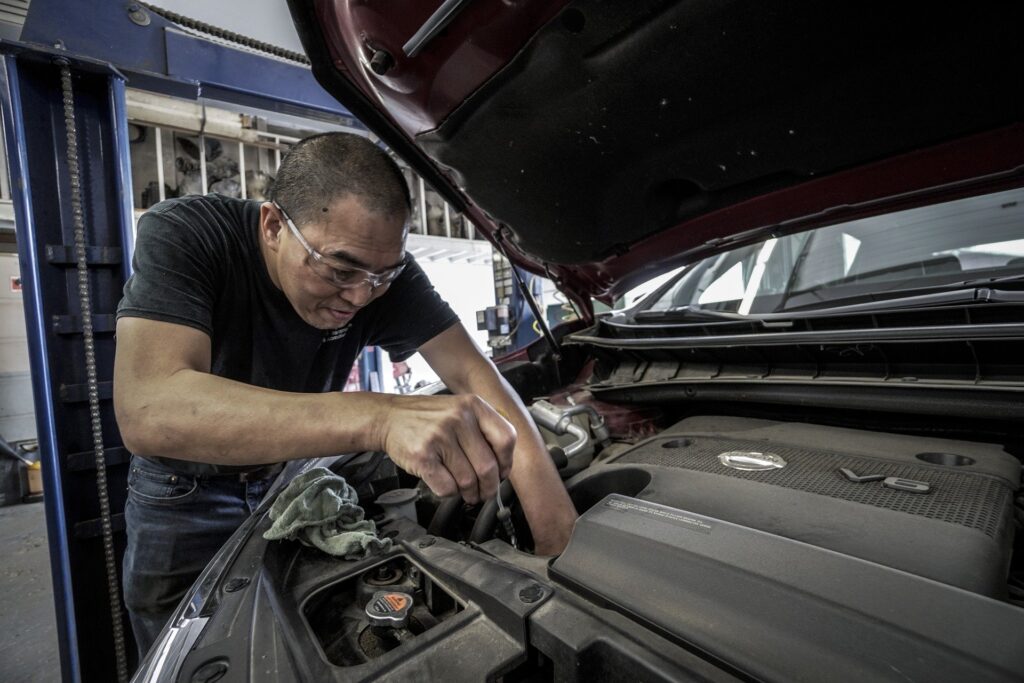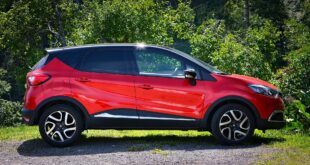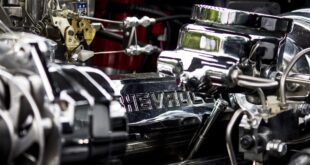Though it may make you nervous or uncertain, the fact is that you will eventually have to go car shopping. Searching for vehicles and picking the right one can also be exciting, but there is no question that this big decision can be intimidating. This is one of the biggest purchases you will ever make. Plus, you will likely rely on your car just about every day, so you want to buy something you know will last and meet your needs.

One of the most important issues to consider when you go car shopping is whether to buy a new or used one. Both choices have appealing aspects and reasons why you would want to jump at the chance. But both can also have some drawbacks in the short and long term. Understanding the various elements of both types of purchases can help you make a decision you’ll feel good about.
New Cars Are More Reliable
Few things in daily life are more frustrating than dealing with car problems. Cars that perform poorly or break down frequently can be irritating, inconvenient, and expensive. The older a car is and the more mileage it has gone, the more likely it is to have mechanical issues. A brand-new car shouldn’t pose these challenges. When you drive a new car home from the dealership, you can expect it to be in excellent condition for the next few years.
Driving a dependable car gives you peace of mind, especially when you are going a long distance, such as a road trip. Other than routine maintenance, you should not have to worry about much work on your new car.
New Cars Have Warranty Protection
Whether you lease or buy, driving a new car has some protection that a used car may lack. A new vehicle will come with a factory warranty. This coverage will take care of engine problems and other major parts and components that may falter. The warranty coverage will vary depending on the vehicle. A typical warranty is good for three years or 36,000 miles, whichever comes first.
So while you probably won’t encounter serious mechanical or performance concerns with a new car, even if you do, the warranty will handle the repair costs.
New Cars Cost More and Depreciate Quickly
When you are buying a vehicle, you may first notice the price tags. It should be no surprise that a new car will cost more than a comparable model, even a few years older. If you are on a tight budget, the monthly payments on a new car may be too much for you to manage. Also, the value of a new car will decrease as soon as you drive the vehicle off the lot.
Used Cars Hold Their Value Well
Conversely, when you purchase a used car, its value will not drop so fast. As the vehicle ages, it will depreciate slowly. In fact, if you turn around and sell it a year or so later, its value should be close to what you purchased it for.
You Can Get a Higher-end Vehicle When Your Purchase a Used One
Have you always wanted to get behind the wheel of a luxury vehicle such as a BMW or a sports car such as a Corvette? Buying new models of these cars may be beyond your budget. But this doesn’t mean you can never hope to purchase one. Used versions of higher-quality vehicles can be within reach when you buy used.
Buying a Vehicle Used Can Have Some Unknowns
Online research allows you to tap into the vehicle’s history and find out what maintenance and repairs previous owners have done. Still, you may never fully know how well or poorly others have treated the car. When you buy a used vehicle, you’re getting someone else’s car. A previous owner may have been rough with it, neglected oil changes and other maintenance, or may have never washed or vacuumed it.

A used car is much more likely to come with mechanical problems, body-work needs, and other issues. The chances are good that in the coming months, a used car will require repairs, some of which might be costly.
A Used Car Doesn’t Have a Warranty
The same warranty protection of a new car won’t come with a used counterpart. Any problems with the engine, transmission, electrical system, or fuel system will be your responsibility to pay for. You can purchase an extended warranty, but it may not be in your budget to handle this extra upfront cost.
The process of buying a vehicle requires attention to detail and careful research. Take a look at your budget and your driving habits. These tips and advice can help you choose the right option as you are shopping for a new or used car.



